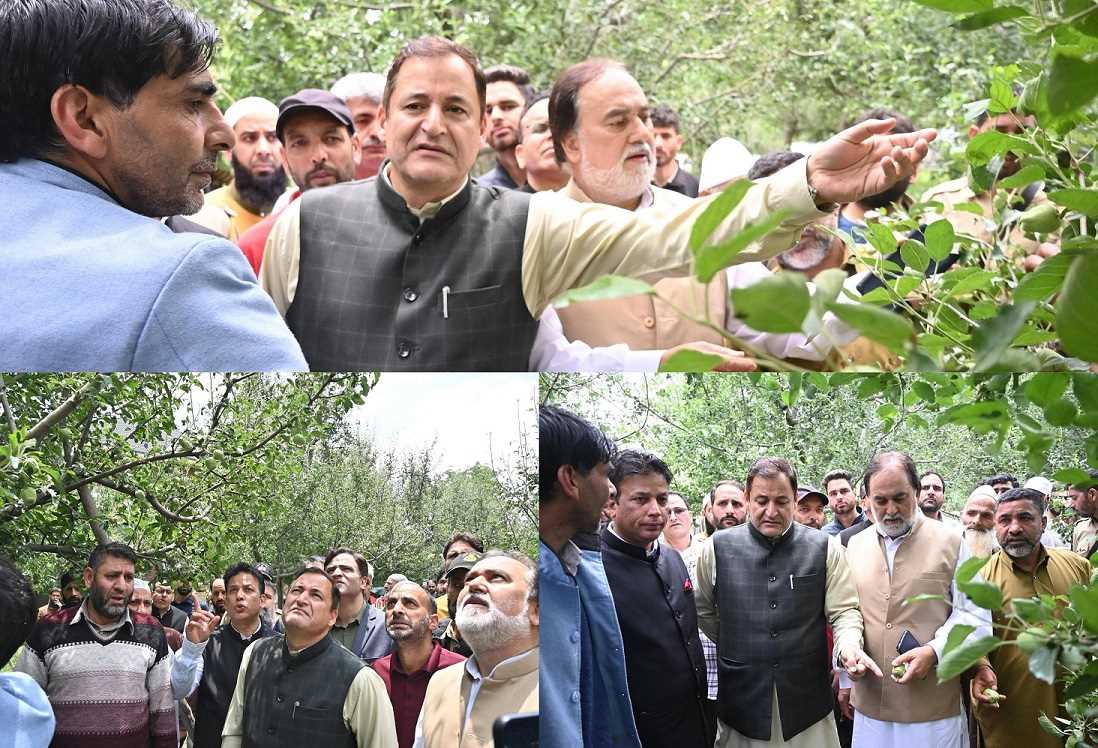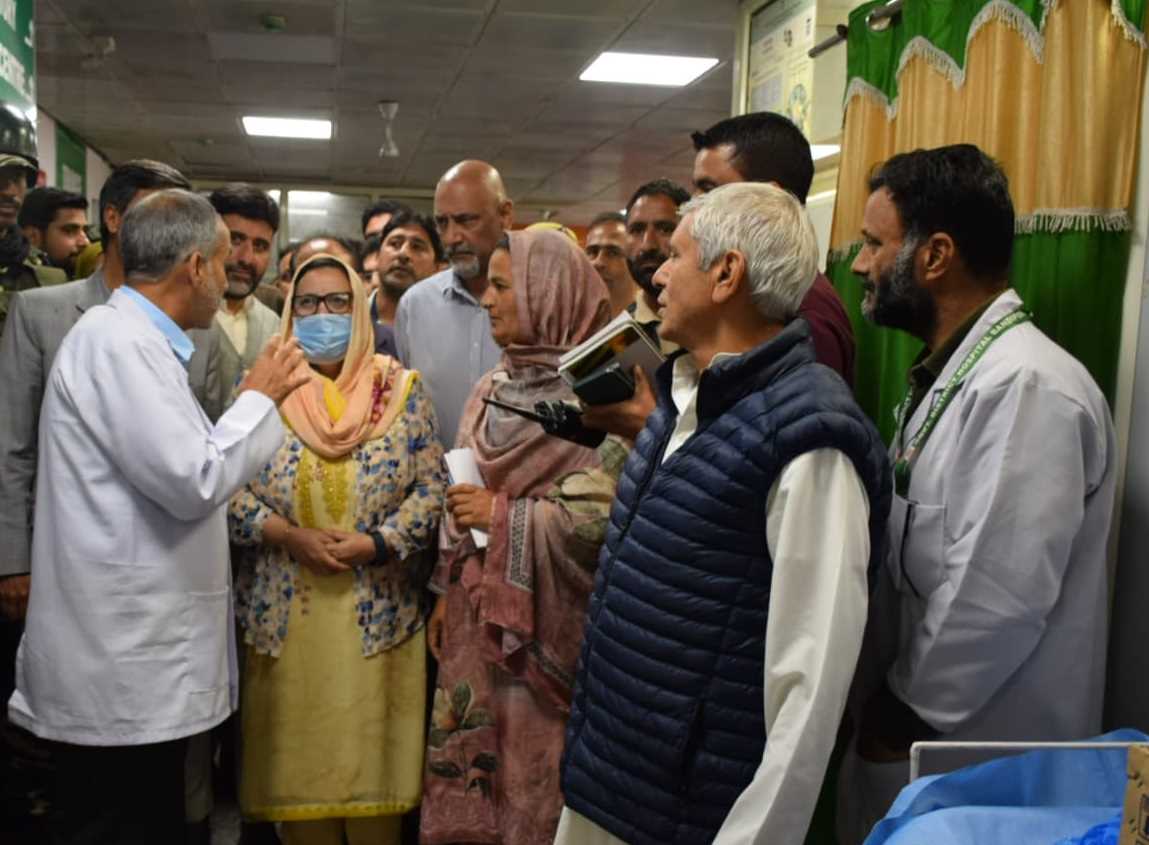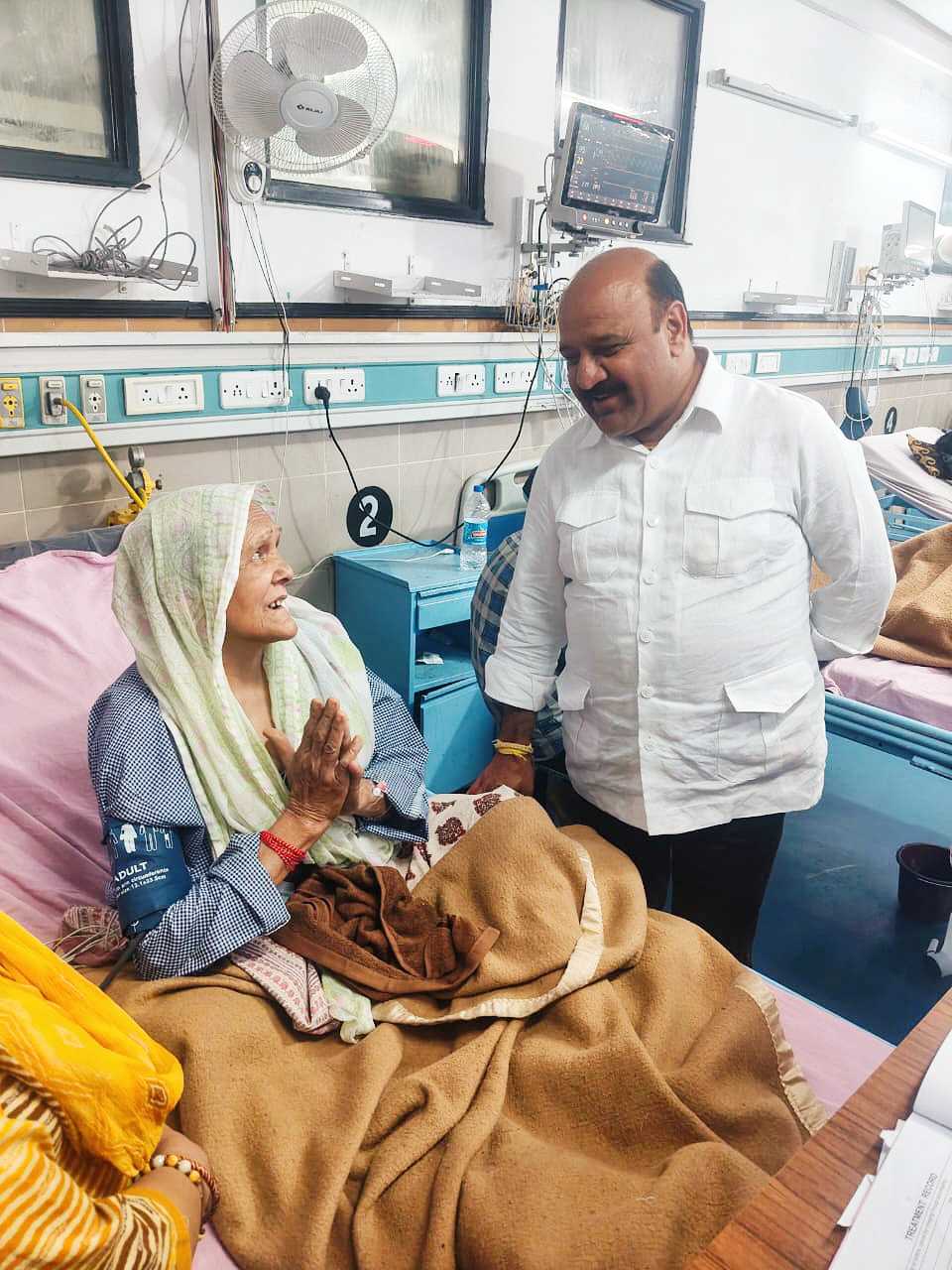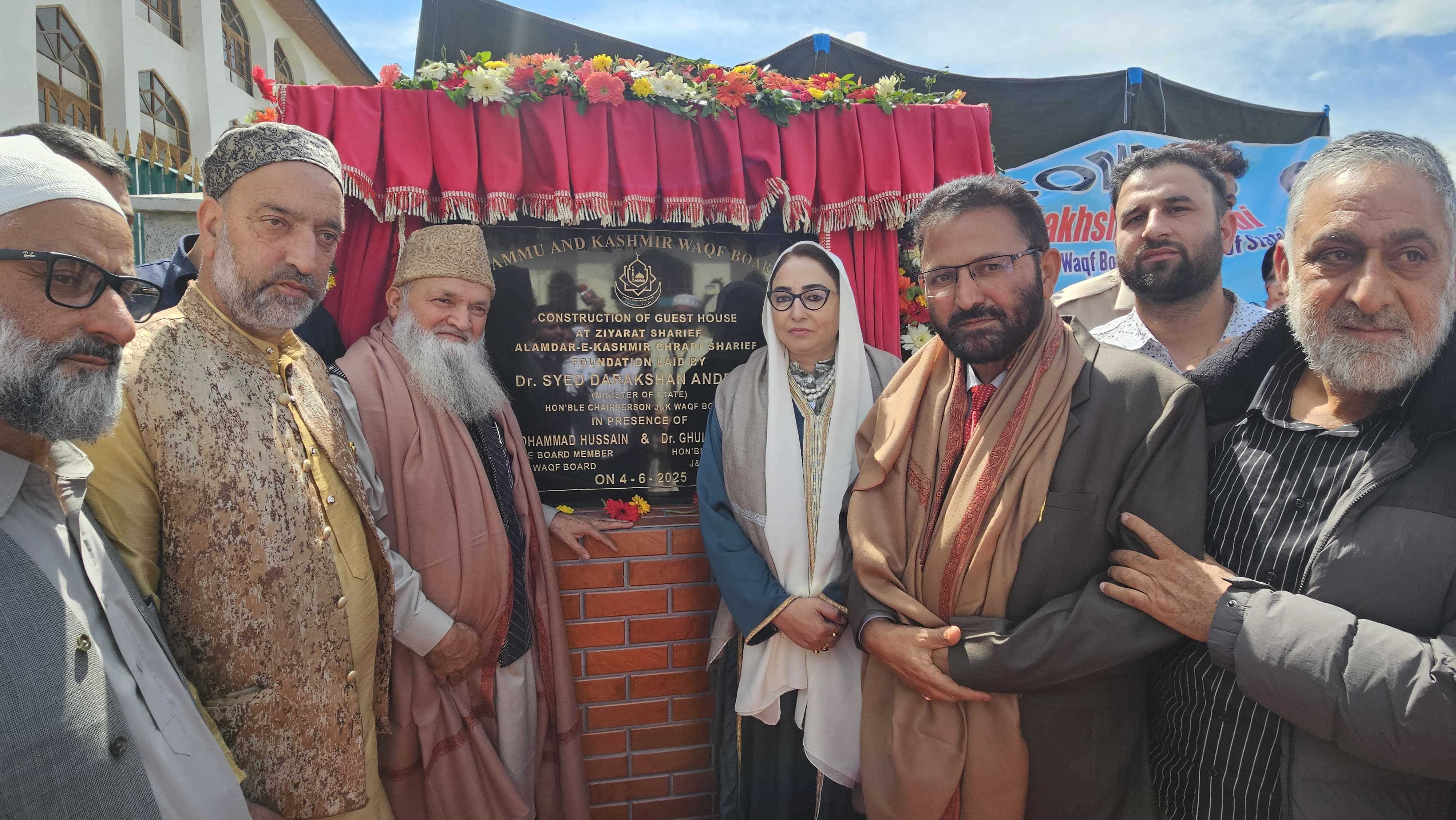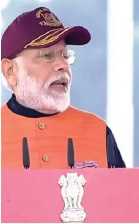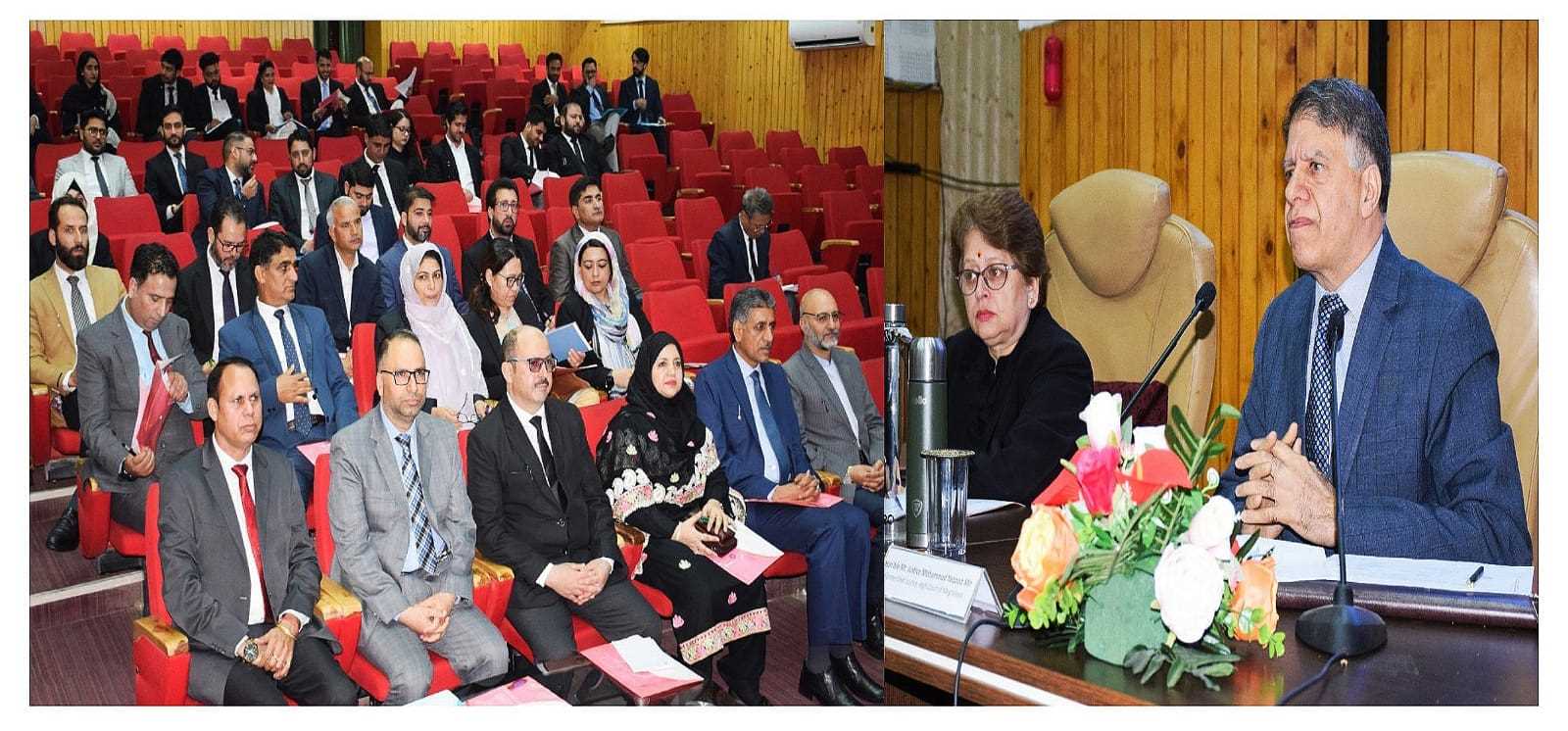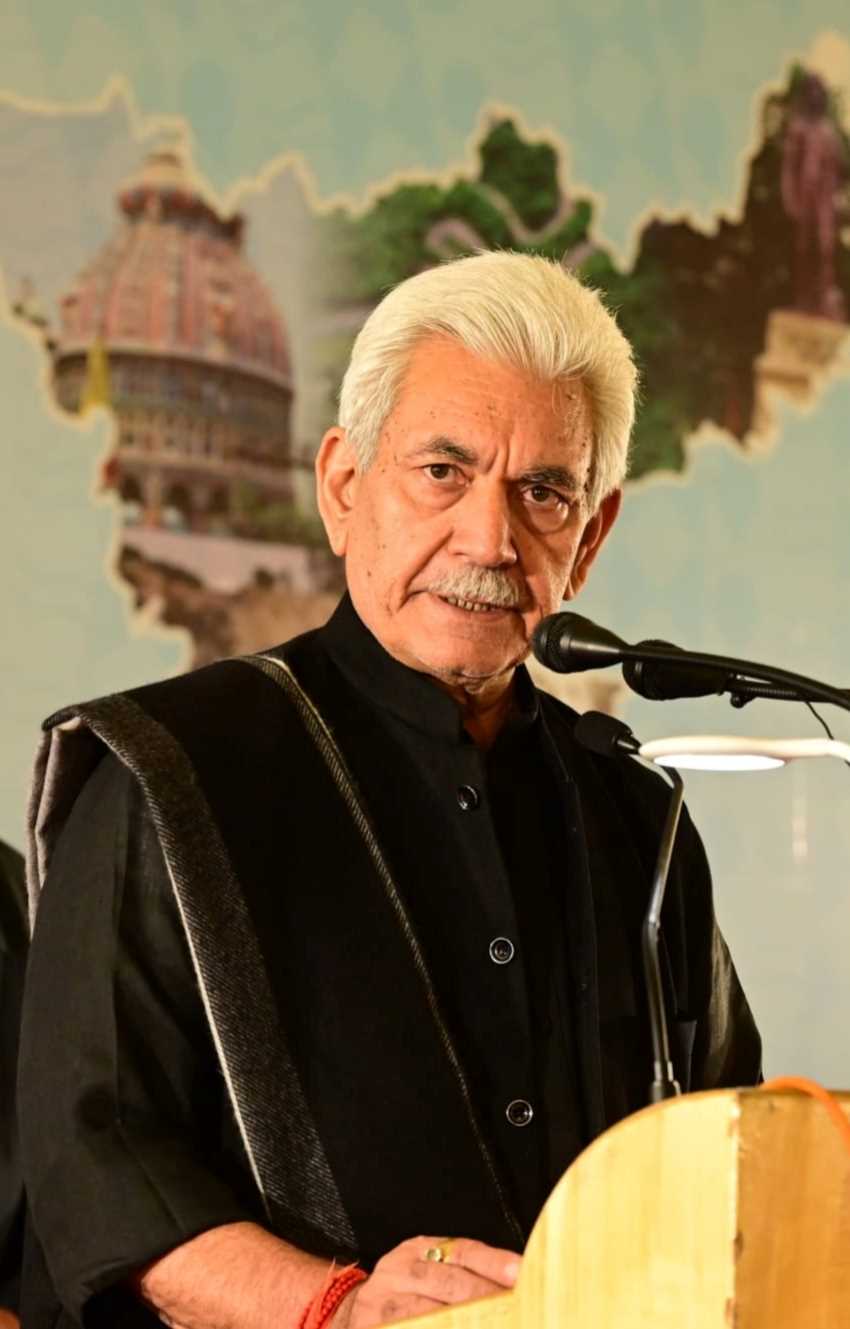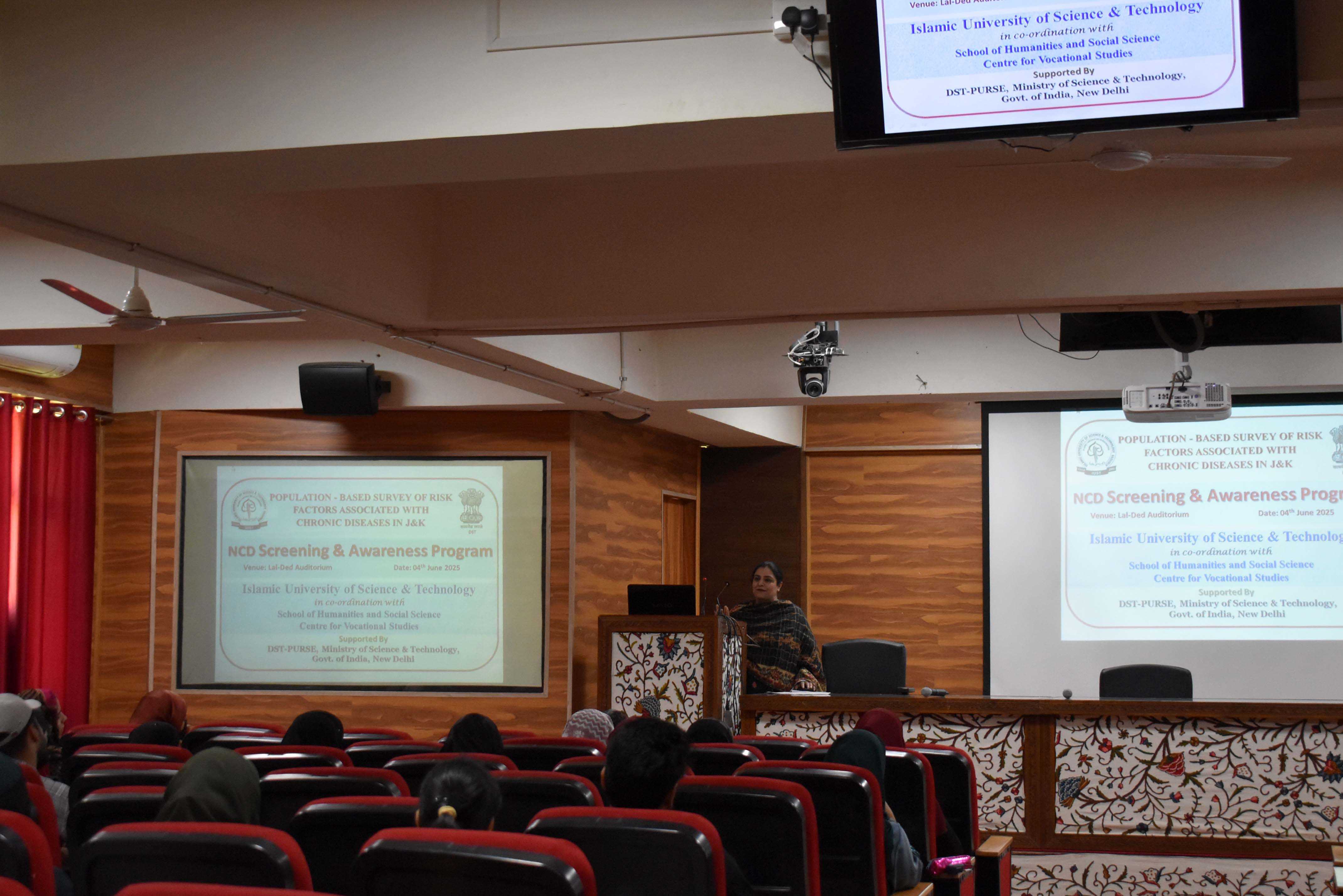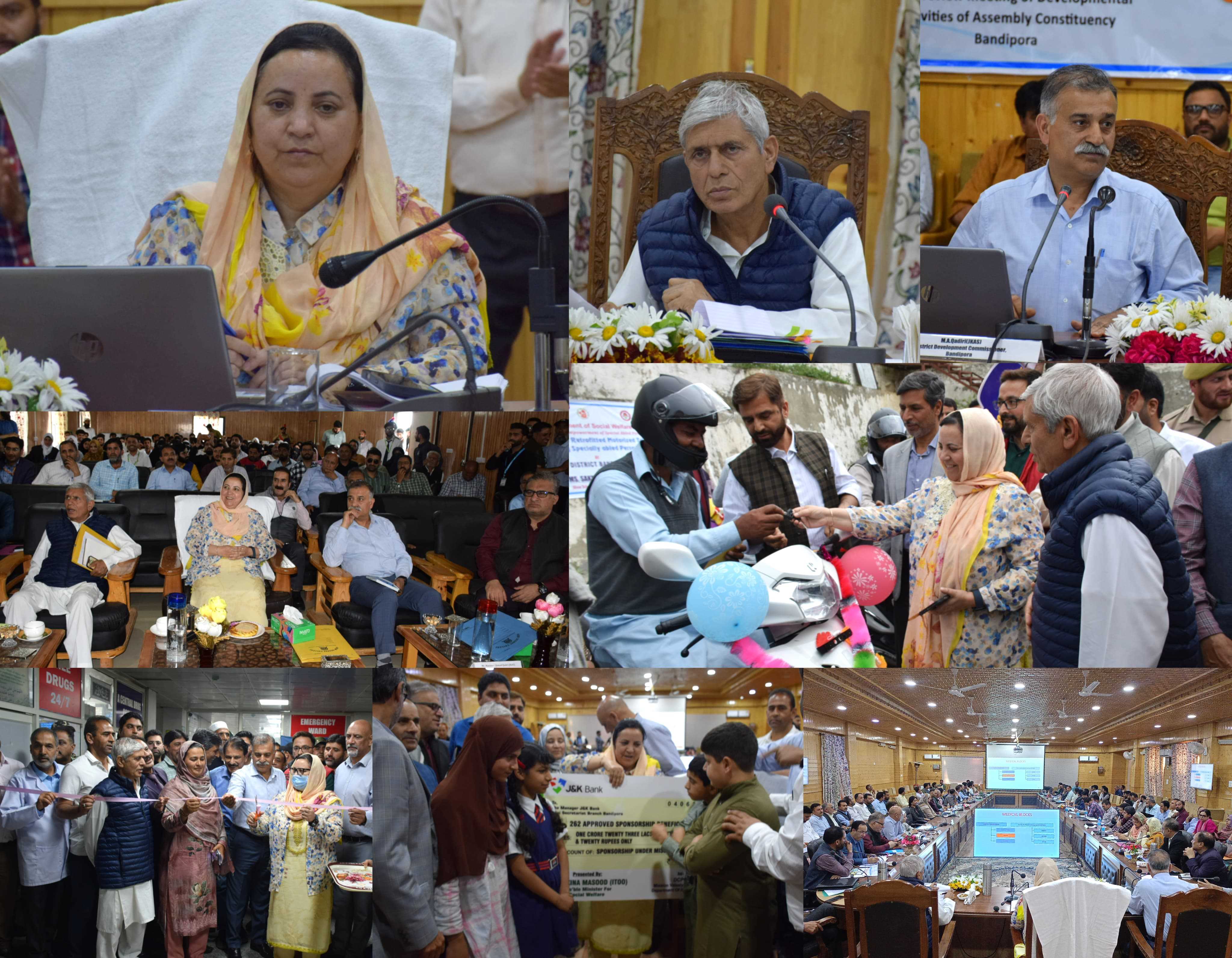Democracy at the grassroots level is what was the dream of the founding fathers of this nation and after more than 70 years, Jammu and Kashmir is visualizing this reality wherein self-governance is the key to empowering rural regions through the Panchayati Raj Institutions (PRIs). These PRIs have been entrusted with the task of economic development, strengthening social justice, and implementation of schemes at grassroots level. The modern Panchayati Raj system was formalized and introduced in India in April 1999 as the 73rd Amendment to the Constitution. Under this system, an institution of ‘empowered local government’ is established with devolution of Functions, Funds, and Functionaries (3Fs) to give people not only the voice but the power of choice as well. The essence of Panchayati Raj is participatory local governance with bottom-up inputs into the development process. It is part of a broader strategy of new ways of looking at and implementing participatory development in the light of a fresh parameter of ‘inclusion’ in governance. Panchayati Raj has assumed importance for the democracy to ensure peoples’ participation for equitable development and social empowerment in a transparent and accountable manner. While people across India enjoyed the right to elect local representatives, the same freedom was not exercised in Jammu and Kashmir. It is only after the abolition of article 370, the Union Cabinet on October 21, 2020 approved adoption of Jammu and Kashmir Panchayati Raj Act 1989, paving way for local body elections in the Union Territory. It ensured establishment of all three tiers of grass root level democracy in the UT of J&K for the first time since independence. In a fresh impetus towards strengthening grassroots democracy, free, fair and peaceful panchayat elections were held in the UT which led to the constitution of vibrant Panchayati Raj institutions here. In a significant achievement, these panchayat elections recorded a substantial 74.1 per cent voter turnout. The UT administration should further enhance skills of PRI representatives for efficiency for which capacity building and training programmes must be conducted. Besides, induction courses, digital literacy trainings, gram panchayat development plan training and training workshops have been organized for newly elected BDC Chairpersons. The honorarium of elected representatives should be enhanced as they have been given formal position in the warrant of precedence. Besides, there should be regular system of interaction of district officers with panchayat representatives which must be institutionalized.


